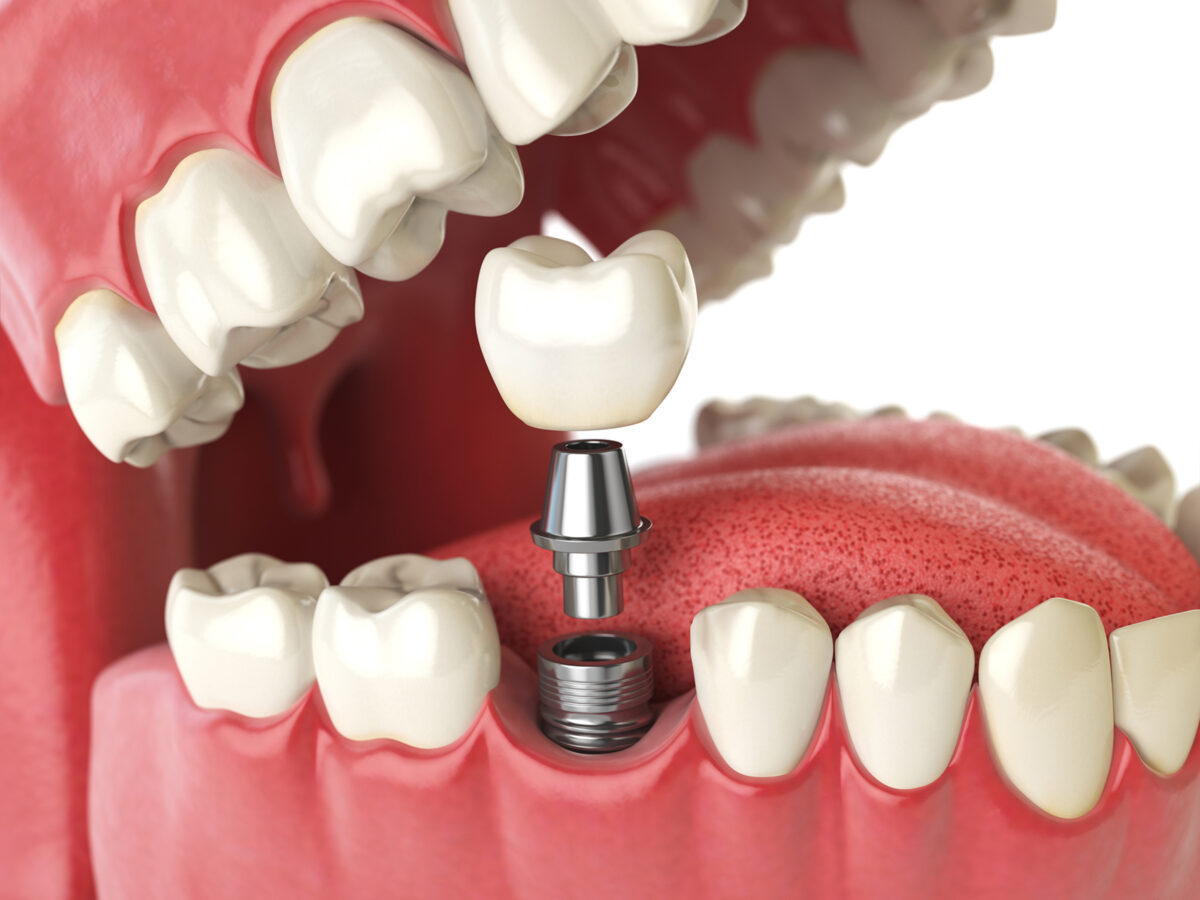River Walk Dental Orthodontics
Blog
Dental hygiene tips for healthy teeth & gums

Is there a cheaper alternative to dental implants?
Most dentists lately would concur that dental implants are a superior choice if you need one or more teeth replaced.
While research and case studies have demonstrated thus, you might in any case be left contemplating whether there are less expensive alternatives to this more costly solution.
The answer is yes, but with less expensive prices come more potential issues. Let’s have a look at the alternatives and how they compare to dental implants:
Less expensive alternatives to dental implants
- Dental bridges: Dental bridges were since a long time ago thought to be a suitable choice for replacing at least one missing teeth. They consist of a series of dental crowns that span over the empty tooth socket and attach to adjacent teeth. Dental bridges have their disadvantages, in any case. They rely upon healthy teeth that must be shaved down to join to the bridge. As the bone underneath contracts without a tooth, food, and bacteria can become trapped and cause decay and infection. With these issues and simply a future of 5-10 years, dental bridges may not be a decent solution for a missing tooth, regardless of whether the patient is older.
- Partial or full dentures: Most patients know about dentures, either as a full or partial set of teeth. They depend both on natural suction and adhesives to stay set up. Tragically, dentures have gained notoriety for being questionable and awkward, making it hard to eat and talk. As the jawbone resorbs without teeth, it becomes weak and thin, and the denture will at this point not fit cozily over the gums. Modern dentures have gained some stunning progress in terms of function and style, yet they’re no match for healthy natural teeth.
- Doing nothing: Another alternative to dental implants is to just do nothing about your missing teeth. Be that as it may, as a rule, not replacing your teeth can have troubling consequences. A loss of teeth implies a loss of bone in your jaw. This changing bone can make different teeth move and become free. If gum problems are present, more teeth may ultimately be lost. Over the long run, and in the event that enough teeth are missing, the mouth shows up “sunken in” without help from bone and teeth. The longer this continues, the more challenging it will be to treat, making the likelihood to put new teeth in the area more expensive, and in certain conditions, even unimaginable!
All the above-mentioned options are considered less expensive alternatives to dental implants. In any case, the expense of not replacing your teeth with a permanent solution is much better.
Dental implants are the only option that provides you long-term function, health, and aesthetic benefits after you’ve lost teeth. They’re secured into your jawbone, so you won’t have to stress over your teeth slipping or harming healthy adjacent teeth.
However, the first thing you must do is contact a reputable orthodontist with experience. Check out reviews and make sure to have a consultation so that you can meet with the orthodontist in person and explore the available alternatives to dental implants. This will make it more straightforward to pose inquiries and sort out the alternative for teeth implants that will best suit you.
Schedule your appointment with a dentist today and get the treatment on time!
